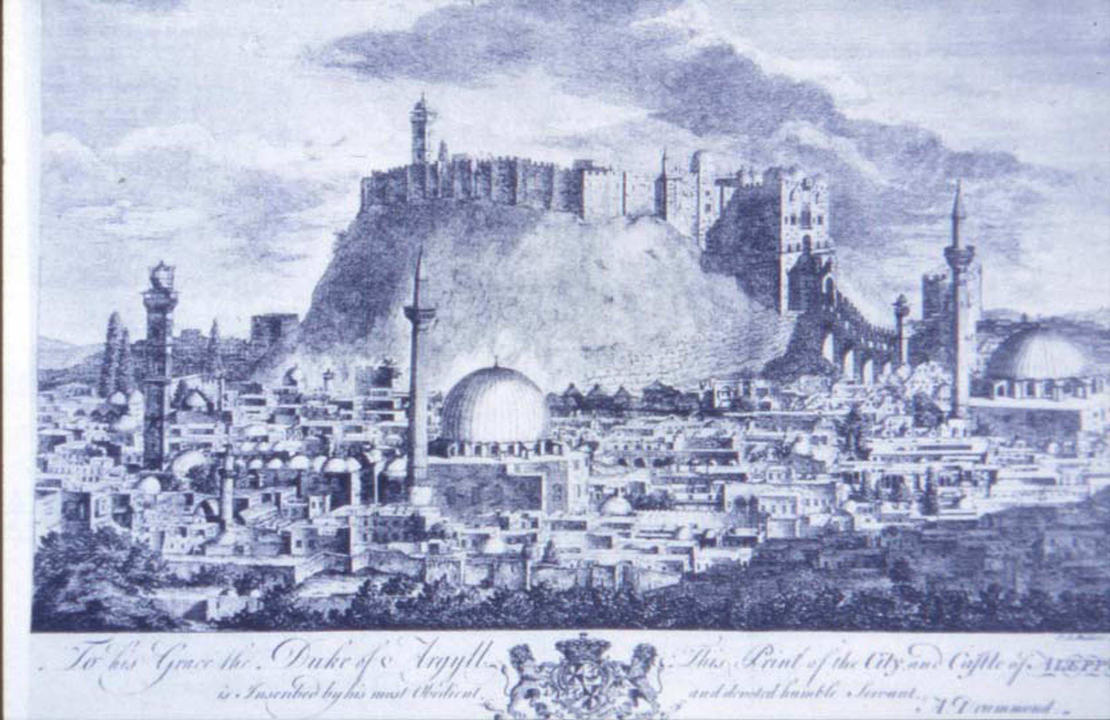 |
Taken from "Conflict threatens Syria's archaeological heritage" by Leela Jacinto at France 24 http://www.france24.com"
|
I must make a note here: I am in no way trying to insult the lives of those who lost their lives, their families, and those who are suffering daily, by discussing the threat to archaeological sites, but my main reason for writing this blog is to discuss world heritage. I also believe that those trying to gain power over a people and/or country deliberately destroy sites of importance to: uproot, marginalize, cleanse, and destroy the people themselves. Think about the Taliban blowing up the statutes of Buddha.
In Syria, archaeological sites have fallen victim to the violence. Syria has a rich archaeological record. The land that is now encompassed by Syria's borders housed the seats of many ancient powers, and was at the crossroads of others (Egypt and Anatolia, Assyrians, Phoenicians, Persians, Romans, Greeks, and I can keep on going). I am not about to write about Syria's vast history, but I would like to list some important sites:
 |
| Hamoukar (site of earliest urban warfare 3500 BCE) |
 |
| Palmyra |
 |
| Damascus |
 |
| Ebla (dating from c. 2400 BCE and housed an archive of tens of thousands of cuneiform tablets |
 |
| Example of a cuneiform tablet |
There are many more sites to name.
In June of this year, UNESCO declared that all six of Syria's World Heritage sites (some are shown above) are in danger.
UNESCO Article
On June 25th, 2013, the Archaeological Institute of America (AIA) wrote an article discussing the site of Hamoukar http://www.archaeology.org/news/1025-hamoukar-syria-war
In Aleppo, a minaret from the Umayyad mosque dating to the 8th Century was destroyed.
In February, mosaics depicting scenes from Homer's The Odyssey were looted (taken through illegal and unscientific excavations
 |
| Mosaics. Image taken from http://www.cultureindevelopment.nl |
I will write more about this topic in the future.

No comments:
Post a Comment